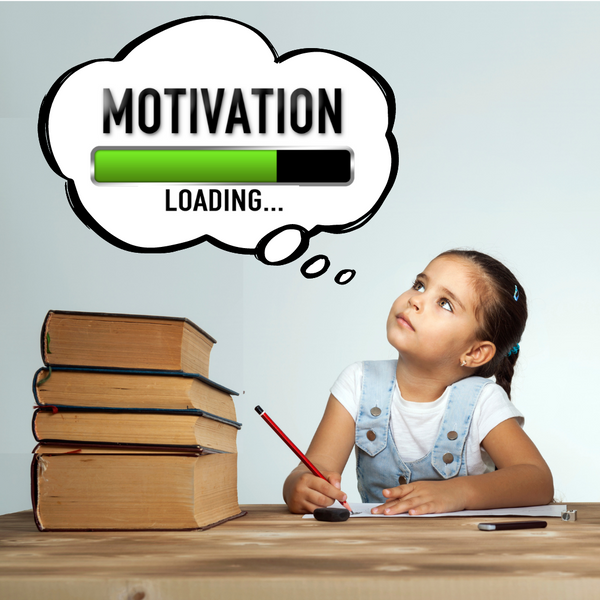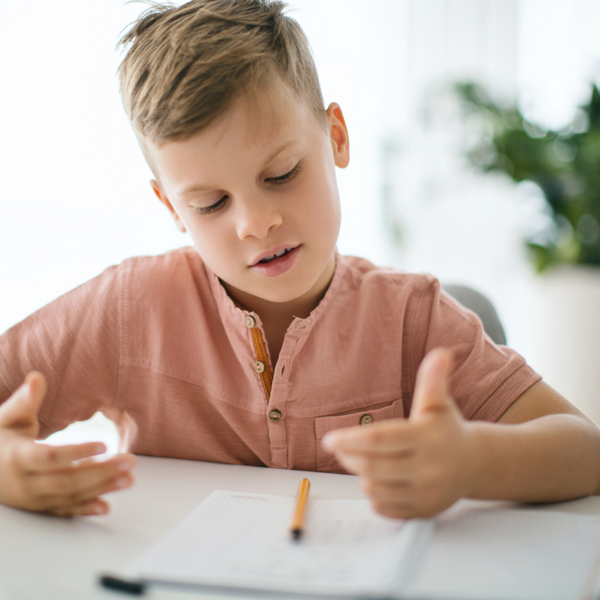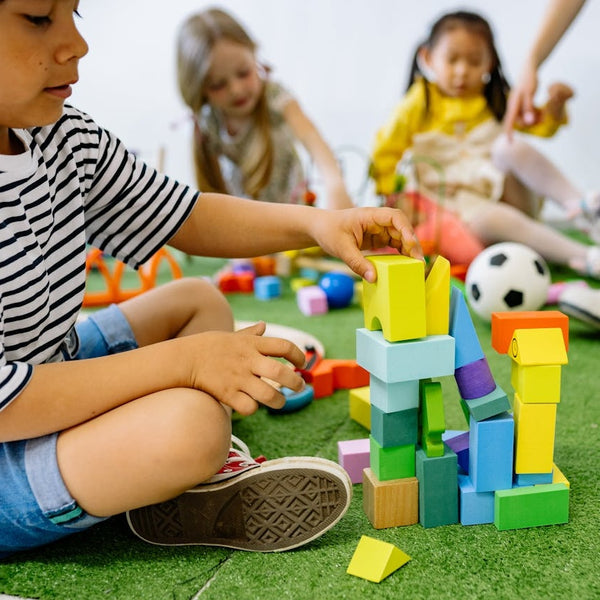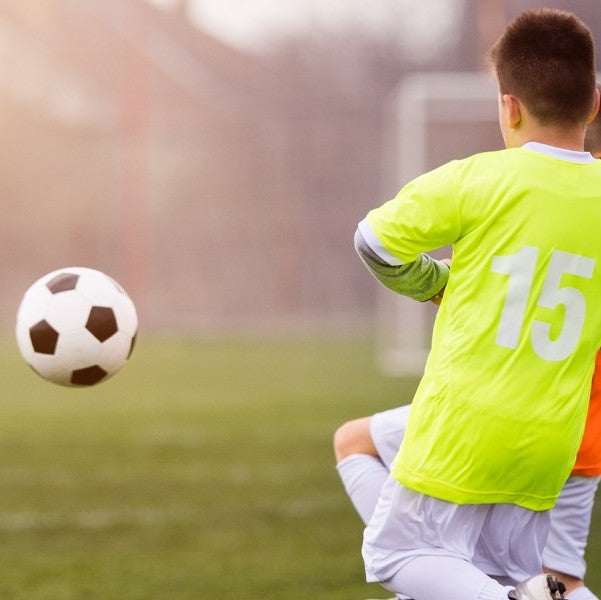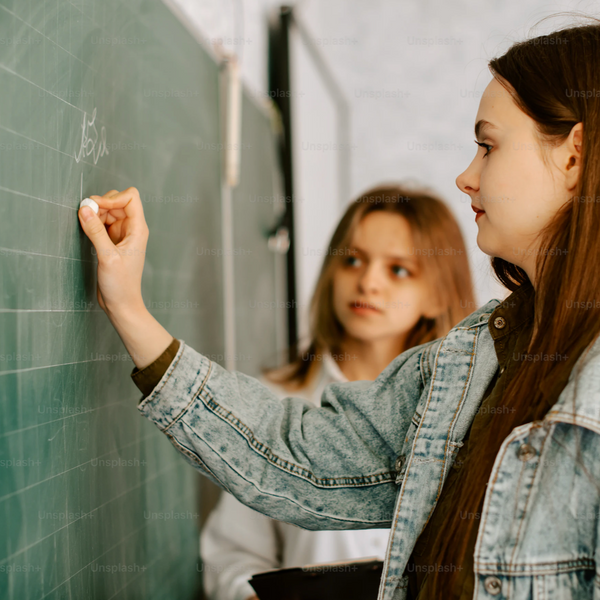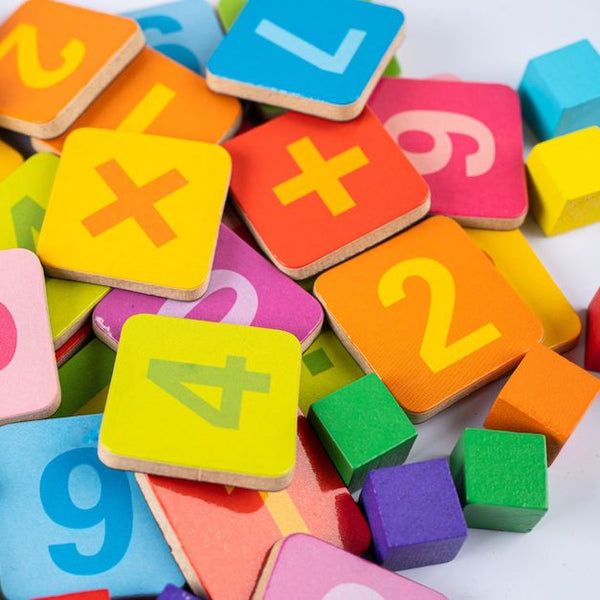Research -- StepUp to Learn
How Building Design Impacts Performance
New research reveals a link between rooms with high ceilings and examination results.
Decodable Texts: Helping or Hurting Early Readers?
Study provides insights into the use of decodable texts in early reading instruction.
Peers Crucial in Shaping Boys’ Confidence in Math Skills
Positive vs Negative Feedback: What's Better for Motivation?
Researchers examining how feedback affects mental effort finds positive feedback boosts confidence, while negative feedback makes tasks seem harder, both boosting motivation.
Key to Right Interventions for Kids with Language Disorders
Drawings Give Shape to Math Problem-Solving Skills
Teachers’ Growth Mindset Appears More Important Than Warmth
When Kids' Positive Attitude Towards Math Fades (And What To Do About It)
Children’s interest in, and competence perceptions of, mathematics are generally quite positive as they begin school, but turn less positive during the first three years. What can parents and educators do?
Do Early Fine Motor Skills Matter?
Preschool children were asked to draw, fold paper, and pile up blocks — skills that require careful manipulation of objects with hands, referred to as 'fine motor skills.' Researchers suspected that early fine motor skills might be important, they were startled at what they found.
3 Habits That Increase Reasoning Skills in Children
How To Get Students To Think (and Transform Your Classroom)
After a series of failed attempts at improving students’ problem solving in the classroom, one former teacher came up with the idea of building a ‘thinking classroom’ and a research project designed to find ways to help teachers build it.




